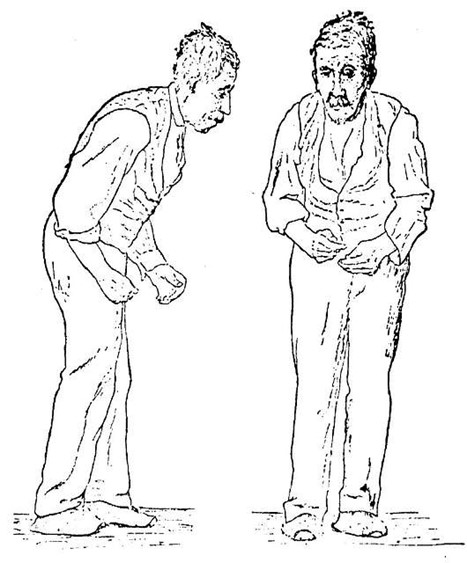How Turmeric’s Curcumin Can Help Age-Proof Your Cells
Aging gracefully is about more than looking youthful; it’s about protecting and revitalizing your cells to support long-term health. One powerful way to nurture cellular health is with curcumin, a key component in turmeric, which offers unique benefits that may help “age-proof” cells. Here’s how adding turmeric to your lifestyle can contribute to healthy aging at the cellular level.
- Fighting Cellular Damage Through Antioxidant Power
Curcumin is loaded with antioxidants that help neutralize free radicals—unstable molecules that can damage cellular structures over time. This cellular protection is critical because oxidative damage is a major driver of aging and can contribute to many age-related diseases. By introducing curcumin into your diet, you may reduce the oxidative stress on cells, which can slow down aging markers and keep cells healthier longer.
- Reducing Chronic Inflammation
Chronic, low-level inflammation is closely linked with aging and age-related conditions, often called “inflammaging.” Curcumin is renowned for its anti-inflammatory properties, which help manage inflammation on a cellular level. By regulating the body’s inflammatory response, curcumin can ease systemic stress on cells and tissues, potentially slowing the progression of aging.
- Boosting Brain Health and Resilience
Cognitive health is crucial to aging well, and curcumin has shown promise in supporting memory and protecting against cognitive decline. Curcumin can cross the blood-brain barrier and may reduce inflammation and oxidative stress in the brain. Studies suggest it may even stimulate the production of brain-derived neurotrophic factor (BDNF), a growth hormone associated with cognitive resilience.
- Enhancing Cellular Repair Mechanisms
Cells continuously undergo damage and repair, but as we age, our body’s repair processes naturally slow. Curcumin has been shown to stimulate cellular repair by activating specific genes and proteins that support DNA integrity and repair pathways. This means curcumin doesn’t just protect cells; it actively supports the body’s ability to mend and maintain healthy cells.
- Supporting Heart Health
Aging often comes with cardiovascular risks, but curcumin can support heart health by improving endothelial function, which declines with age. Endothelial cells, which line blood vessels, help regulate blood pressure and keep circulation efficient. Curcumin promotes the health of these cells, helping them stay flexible and responsive, which can aid in preventing age-related cardiovascular concerns.
- Potential Role in Healthy Mitochondria
Mitochondria, known as the cell’s powerhouse, tend to decline in function with age, leading to reduced energy levels and cellular vitality. Curcumin has been studied for its potential to protect mitochondrial health by reducing oxidative stress within these energy-producing centers. Healthier mitochondria contribute to better cellular energy and may support longevity and vitality as we age.
How to Incorporate Curcumin into Your Routine
Incorporating turmeric into your diet is an easy way to tap into curcumin’s benefits. You can add it to teas, smoothies, and savory dishes. For more targeted effects, curcumin supplements are also available; however, curcumin has low bioavailability on its own, so look for formulations that include black pepper extract or liposomal curcumin for better absorption.
See the full scientific article from Life Extension.
Curcumin from turmeric offers an accessible and natural way to support cellular health, promote longevity, and help “age-proof” your cells. As part of a balanced diet and lifestyle, turmeric’s benefits can extend beyond taste and tradition to truly support your health through the years.
Are you interested in enhancing your daily diet with Omega-3 fatty acids? Look no further than Asher Longevity Institute’s Marine Fish Oil supplement. Omega-3 fatty acids can help reduce the risk of heart disease by reducing triglyceride levels and potentially lowering cholesterol.




